Two or Three Things I Know for Sure (5 page)
Read Two or Three Things I Know for Sure Online
Authors: Dorothy Allison

BOOK: Two or Three Things I Know for Sure
5.42Mb size Format: txt, pdf, ePub
“An’t he a sexy man?” my cousin Billie teased. “Kind of evil-minded and quick to please. All them girlfriends half his age, and that reputation of his, like no woman ever turned him down. Wouldn’t think he’d wind up living in a one-room trailer in his sister’s backyard. Where’d they go, all them girlfriends and good times? What happened, you think, to that man everyone wanted to bed or marry?”
I fingered the photo and remembered one night when I was a tiny girl sleeping on the couch with my head pillowed on Mama’s thigh. I had woken up to her whispering and shifting on that creaky old sofa, the taint of whiskey and tobacco smoke telling me that someone was there, and the hoarse sobs that followed confusing me, for I had never before heard my uncle cry.
“What am I gonna do?” he had said then. “Ruth, I can’t stand this. I don’t want to live without her. I don’t think I can.”
She had pulled his head into her neck, hugging him close and whispering. “You’ll be all right,” she said.
“Yes,” he said. “I know, yes. But in the middle of the night, it feels like my heart is coming out of my chest.”
She kissed his forehead, said only, “I worry about you.” He shook his head hard, making her flinch from his sudden movement.
“You afraid of me?” he demanded, and she shook her head. But for a moment something burned in the cool night air.
“I just worry,” she said again.
“Don’t worry about me.” He ran his hands down his face as if he were not actually wiping away tears, then pushed himself up off the table. “Hell, I’m a man. I can handle it.”
His voice was gravel rough. He was still a handsome man but at that moment he reminded me of a painting in the Sunday school lesson book, a picture of the murdered John the Baptist, his face drained of color and pulled thin with despair. For the rest of my life I would not see him without remembering the way he looked on that night—a man who had lost the woman he loved, and with her his belief in his own life.
Two or three things I know for sure, and one of them is that no one is as hard as my uncles had to pretend to be.

LET ME TELL YOU about what I have never been allowed to be. Beautiful and female. Sexed and sexual. I was born trash in a land where the people all believe themselves natural aristocrats. Ask any white Southerner. They’ll take you back two generations, say, “Yeah, we had a plantation.” The hell we did.
I have no memories that can be bent so easily. I know where I come from, and it is not that part of the world. My family has a history of death and murder, grief and denial, rage and ugliness—the women of my family most of all.
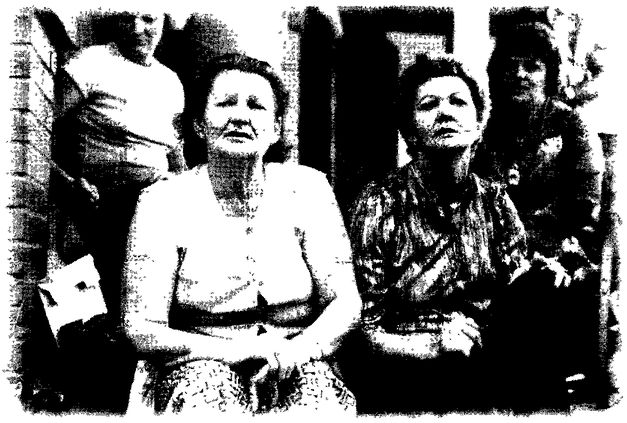
The women of my family were measured, manlike, sexless, bearers of babies, burdens, and contempt. My family? The women of my family? We are the ones in all those photos taken at mining disasters, floods, fires. We are the ones in the background with our mouths open, in print dresses or drawstring pants and collarless smocks, ugly and old and exhausted. Solid, stolid, wide-hipped baby machines. We were all wide-hipped and predestined. Wide-faced meant stupid. Wide hands marked workhorses with dull hair and tired eyes, thumbing through magazines full of women so different from us they could have been another species.
I remember standing on the porch with my aunt Maudy brushing out my hair; I was feeling loved and safe and happy. My aunt turned me around and smoothed my hair down, looked me in the eye, smiled, and shook her head. “Lucky you’re smart,” she said.
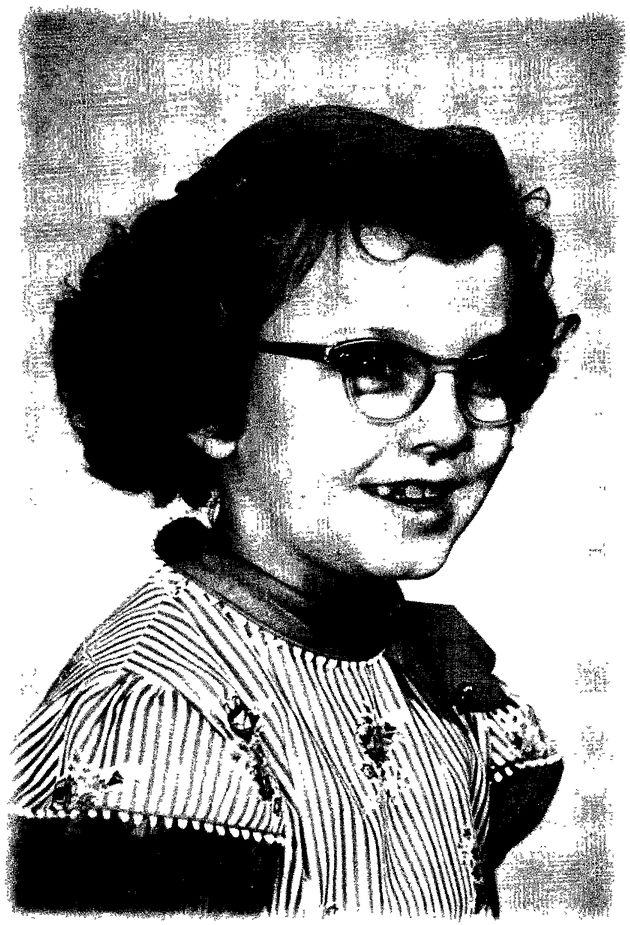
Brown-toothed, then toothless, my aunt Dot showed me what I could expect.
“You’re like me,” she announced when she saw my third-grade school picture. “Got that nothing-gonna-stop-you look about you, girl.”
I studied the picture. All I saw was another grinning girl in dark-framed glasses, missing a tooth.
“No, look.” She produced a picture I would find later among Mama’s treasures. In this one Aunt Dot was a smooth-skinned teenager with a wide jaw and a straightforward glare, sturdy and fearless at fifteen as she would be three decades later.
“I see,” I assured her, keeping my head down and away from her demanding eyes.
What I saw was a woman who had never been beautiful and never allowed herself to care. When she found me once, red-faced and tearful, brooding over rude boys who shouted insults and ran away, she told me to wipe my face and pay no attention.
“It never changes,” she said in her gravelly voice. “Men and boys, they all the same. Talk about us like we dogs, bitches sprung full-grown on the world, like we were never girls, never little babies in our daddy’s arms. Turn us into jokes ’cause we get worn down and ugly. Never look at themselves. Never think about what they’re doing to girls they’ve loved, girls they wore out. Their girls.”
“You ugly old woman,” my grandfather called my grandmother.
“You ugly old woman,” all my uncles called all my aunts.
“You ugly bitch,” my cousins called their sisters, and my sisters called me.
“You ugly thing!” I screamed back.
The pretty girls in my high school had good hair, curled or straightened to fit the fashion, had slender hips in tailored skirts, wore virgin pins on the right side or knew enough not to wear such tacky things at all. My cousins and I were never virgins, even when we were. Like the stories told about Janis Joplin in Port Arthur, Texas, there were stories about us in Greenville, South Carolina. The football players behind the bleachers, boys who went on to marry and do well.
“Hell, it wasn’t rape. She never said no. Maybe she said stop, but in that little bitty voice, so you know she wants you to love her, hell, love her for ten minutes or half an hour. Shit, who could love a girl like her?”
Who?
Beauty is a hard thing. Beauty is a mean story. Beauty is slender girls who die young, fine-featured delicate creatures about whom men write poems. Beauty, my first girlfriend said to me, is that inner quality often associated with great amounts of leisure time. And I loved her for that.
We were not beautiful. We were hard and ugly and trying to be proud of it. The poor are plain, virtuous if humble and hardworking, but mostly ugly. Almost always ugly.
“You know Dot’s husband left her,” Cousin Billie told me once. “Came back after a while, then left again. Way she talked you’d think she never noticed. Some days I don’t know whether to be proud of her or ashamed.”
I thought about stories I’d been told, about women whose men left them or stayed to laugh out the sides of their mouths when other men mentioned other women’s names. Behind my aunt Dot was a legion of female cousins and great-aunts, unknown and nameless—snuff-sucking, empty-faced creatures changing spindles at the textile plant, chewing gum while frying potatoes at the truck
ep exhausted, angry, and never loved enough.
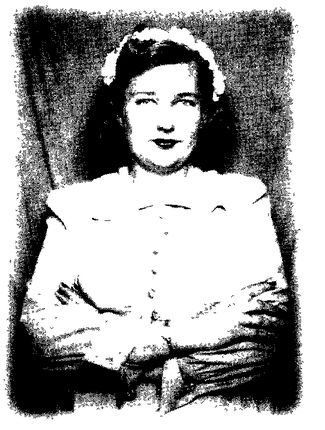
The women I loved most in the world horrified me. I did not want to grow up to be them. I made myself proud of their pride, their determination, their stubbornness, but every night I prayed a man’s prayer: Lord, save me from them. Do not let me become them.
Let me tell you the mean story.
For years and years, I convinced myself that I was unbreakable, an animal with an animal strength or something not human at all. Me, I told people, I take damage like a wall, a brick wall that never falls down, never feels anything, never flinches or remembers. I am one woman but I carry in my body all the stories I have ever been told, women I have known, women who have taken damage until they tell themselves they can feel no pain at all.
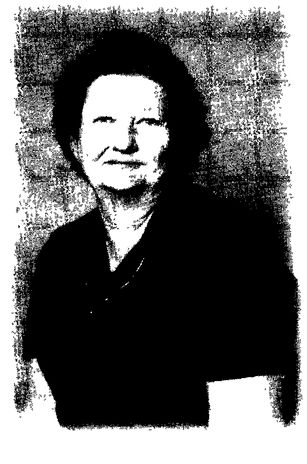
That’s the mean story. That’s the lie I told myself for years, and not until I began to fashion stories on the page did I sort it all out, see where the lie ended and a broken life remained. But that is not how I am supposed to tell it. I’m only supposed to tell one story at a time, one story. Every writing course I ever heard of said the same thing. Take one story, follow it through, beginning, middle, end. I don’t do that. I never do.
Behind the story I tell is the one I don’t.
Behind the story you hear is the one I wish I could make you hear.
Behind my carefully buttoned collar is my nakedness, the struggle to find clean clothes, food, meaning, and money. Behind sex is rage, behind anger is love, behind this moment is silence, years of silence.
The man raped me. It’s the truth. It’s a fact.
I was five, and he was eight months married to my mother. That’s how I always began to talk about it—when I finally did begin to talk about it. I’d say, “It was rape, the rape of a child.” Then I’d march the words out—all the old tearing awful words.
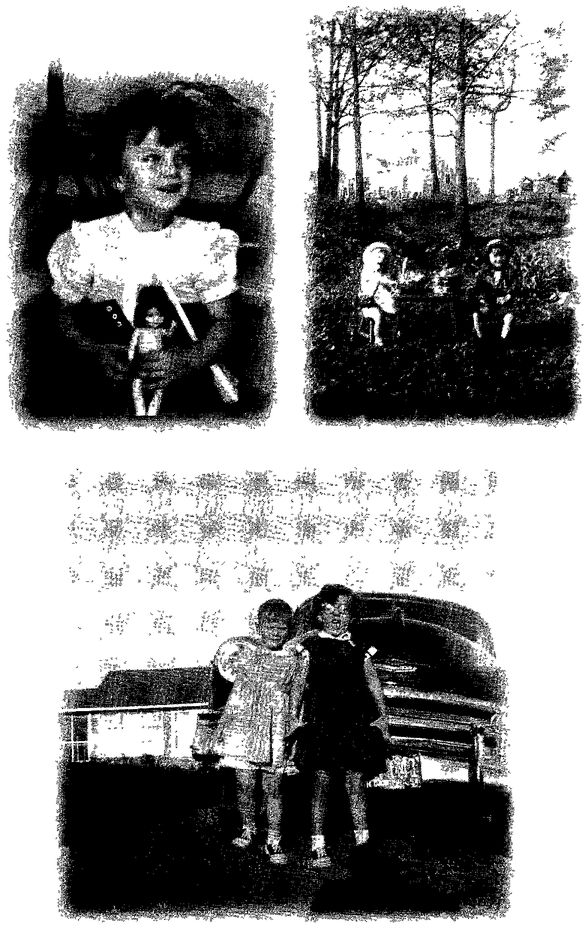
Other books
Emmitt's Treasure: Judgement of the Six Companion Series, book 2 by Melissa Haag
Bloodstained Oz by Golden, Christopher, Moore, James
Act Like You Know by Stephanie Perry Moore
The Ghosts of Mississippi by Maryanne Vollers
The Swiss Family RobinZOM (Book 2) by Perrin Briar
Mourners: A Nameless Detective Novel (Nameless Detective Mystery) by Bill Pronzini
I Like Big Dragons and I Cannot Lie (The I Like Big Dragons Series) by Lani Lynn Vale
Royal Sisters: The Story of the Daughters of James II by Jean Plaidy
Wreckers Must Breathe by Hammond Innes
Nightmare City by Nick Oldham